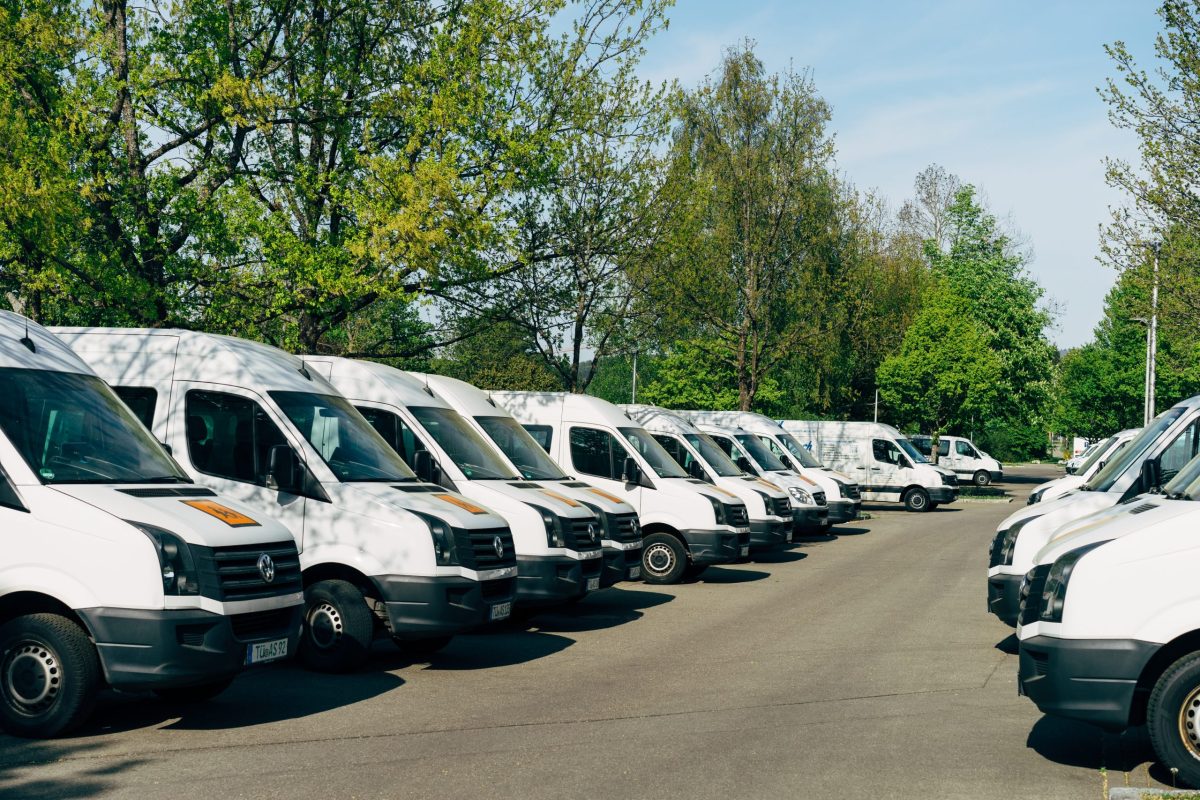How to Make Your Fleet Management Business Successful

The logistics industry in the United States is fast-growing, with thousands of companies and employees. However, a company must have different solutions to overcome its operational challenges for the logistics industry to thrive.
Some solutions to these operational challenges include creating an efficient layout in the warehouse, implementing technology that will make operations more streamlined, training employees appropriately, and having effective tracking systems. These are important because they can help increase productivity and decrease costs. However, one of the essential operations is managing and keeping fleets going.
A logistics company can have thousands of orders to fill daily in various industries. A fleet can help pick up and deliver these items. While it may seem simple, many things must be considered when managing a fleet. That’s why fleet management is such an important business in logistics.
Fleet Management as a Business
Do you run a fleet management business? Then you’ll know how tough this can be to get vehicles in working order and ensure customers get the service levels they expect. It can mean the difference between success and failure, making fleet management one of the most important aspects of logistics operations.
There are many considerations to make when running a fleet management business, so much so the need for fleet management software has elevated in recent years, with new solutions now helping business owners navigate what can be pretty hefty schedules. This software is essential in running a fleet successfully as it can cover the basics of logistics, like maintenance tracking and fuel efficiency calculations, but it can also ensure that you’re meeting customers’ needs. For example, the software might help your business figure out delivery times or integrate with other systems so you can monitor billing more accurately.
There are many advantages to using a fleet management solution, but various other things can make your business successful. Your drivers should also know their roles and responsibilities.
Providing Continuous Communication With Drivers
Specific drivers could be out on the road for very long stints all by themselves, so unless they’ve got someone they can communicate with when things go wrong, this will unravel the quality of your service.
They need to relay concerns about their vehicle immediately to identify the issue before relevant measures are made to either fix this on the spot or rule this vehicle out of action. At the same time, more complex work is being carried out. Additionally, truck accidents may happen at any time. Nearly 5,000 truck accidents occur in the U.S. alone, making this a considerable possibility.

Drivers may also relay critical information when driving a particular vehicle and must express this before continuing their journey. Early and decisive communication could be the key to preventing big and long-winded problems for your fleet. That’s why you should consider using specific online communication tools, such as messaging platforms and push-to-talk apps, which can help your drivers communicate with you or other members of your fleet management team in real-time. Additionally, you can use cloud telematics software to gather data about vehicles or further improve this communication.
Analysing Tons of Data
Data is often the driving force behind your entire operation, as this dictates the health of vehicles, the time spent on roads, and the performance your team offers.
It’s always been a numbers game, and how you interpret this will largely dictate the future of your business, that being one which is moving in the right direction or simply falling behind and wasting money needlessly.
This data can be analysed using Big Data tools to help you pinpoint problem areas or create specific reports that help your fleet managers and drivers understand where they need to improve.
Keeping in Line With Modern Technology
Technology is widespread in many industries, and now, these technologies are just some tools you can’t do without.
They make life so much simpler for you and your fleet management business. Data is collated in one place, communication can be provided automatically, and vehicle monitoring can be done without you needing to play any part. Your time, money, and business reputation will all be safeguarded, meaning future growth will become more straightforward. It can then make your business more competitive in no time.
Fleet management requires a keen eye for detail, excellent communication skills, and the ability to analyse data and then use this to fuel effective decisions that drive everyone forward.
And, with the brand new technology now serving up far more streamlined approaches, many business owners can oversee a successful operation without much intervention. Any business can use these technologies to become an industry leader and a competitive force in the market.




